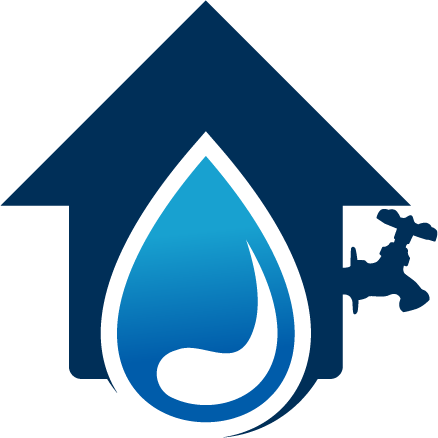Choosing Between a Tank-Type and Tankless Hot Water System
A hot water installation can provide you and your entire household with all the hot water you need for everyday activities such as food preparation, cleaning, bathing, showering and more. But which hot water system best suits your home?
These days, water heaters come in a variety of sizes, features and budgets to match the needs of almost every home. While having several options to choose from is a good thing, you run the risk of spending too much time weighing the choices and still end up picking the wrong one. With careful and purposeful consideration, you can choose the best hot water system for your home.
One of the main considerations for your residential water heater installation is choosing between a tank-type and tankless unit. Both options have unique pros and cons that should be considered before making a decision.
The following tips should help you decide correctly.
How Much Hot Water Do You Need?
Different homes have varying hot water needs, which influences their decision on which water heater type to pick. The larger the size of your household, the bigger your water heater should be to match your hot water demand.
Conventional storage-tank water heaters are generally ideal for large households because they have the capacity to store hot water in a large water tank. To properly size your water heater, calculate your daily household water usage and choose a tank size that matches it.
Tankless water heaters, on the other hand, only supply hot water on demand and deliver a specific amount of hot water per unit of time. To correctly size your demand-type water heater, sum up the flow rates of all the water fixtures you intend to run during peak hours of the day, and then choose a water heating unit that matches the total flow rate.
How Energy-Efficient Should Your Water Heater Be?
Both tank-type and tankless water heaters require a fuel source to heat water, but the latter is generally more energy-efficient than the former.
Unlike traditional storage-tank water heaters, which heat water when the hot water supply runs out, tankless models only heat water when you need to use it. As a result, you can reap greater energy and cost savings using a demand-type water heating system rather than a tank-based system.
If you must go for a tank water heater, make sure you choose a high-efficiency model so you can save energy and keep utility bills down.
To learn more about different hot water systems, contact a local plumber.

